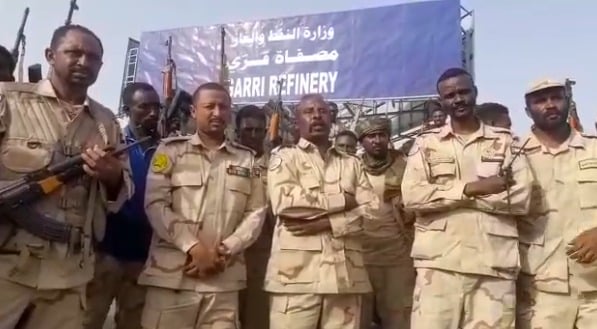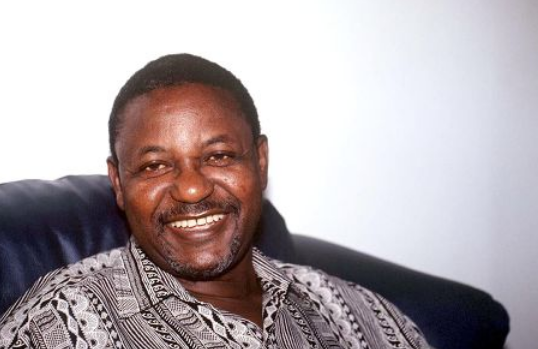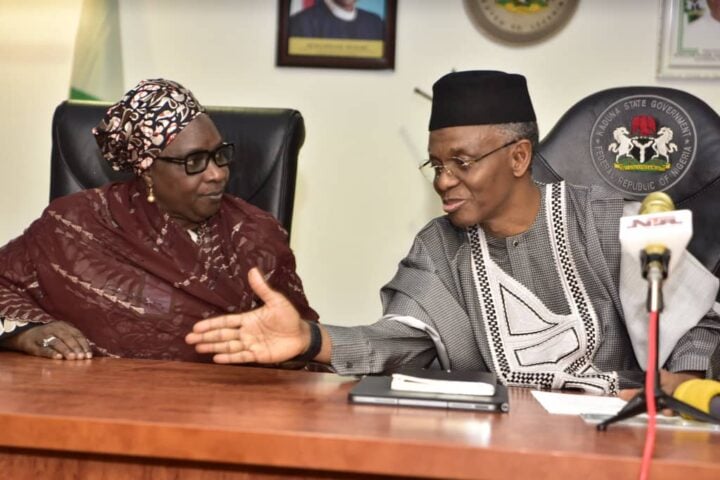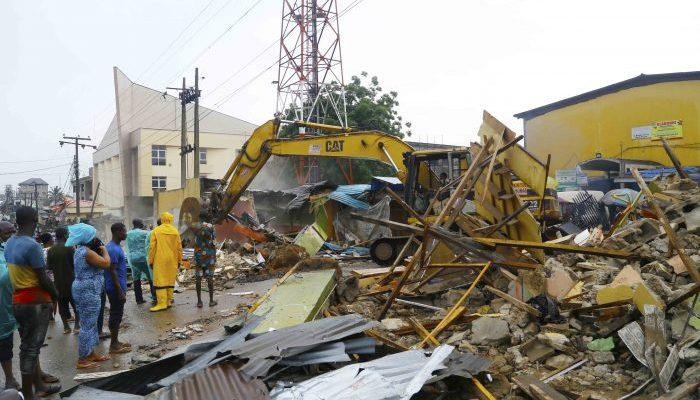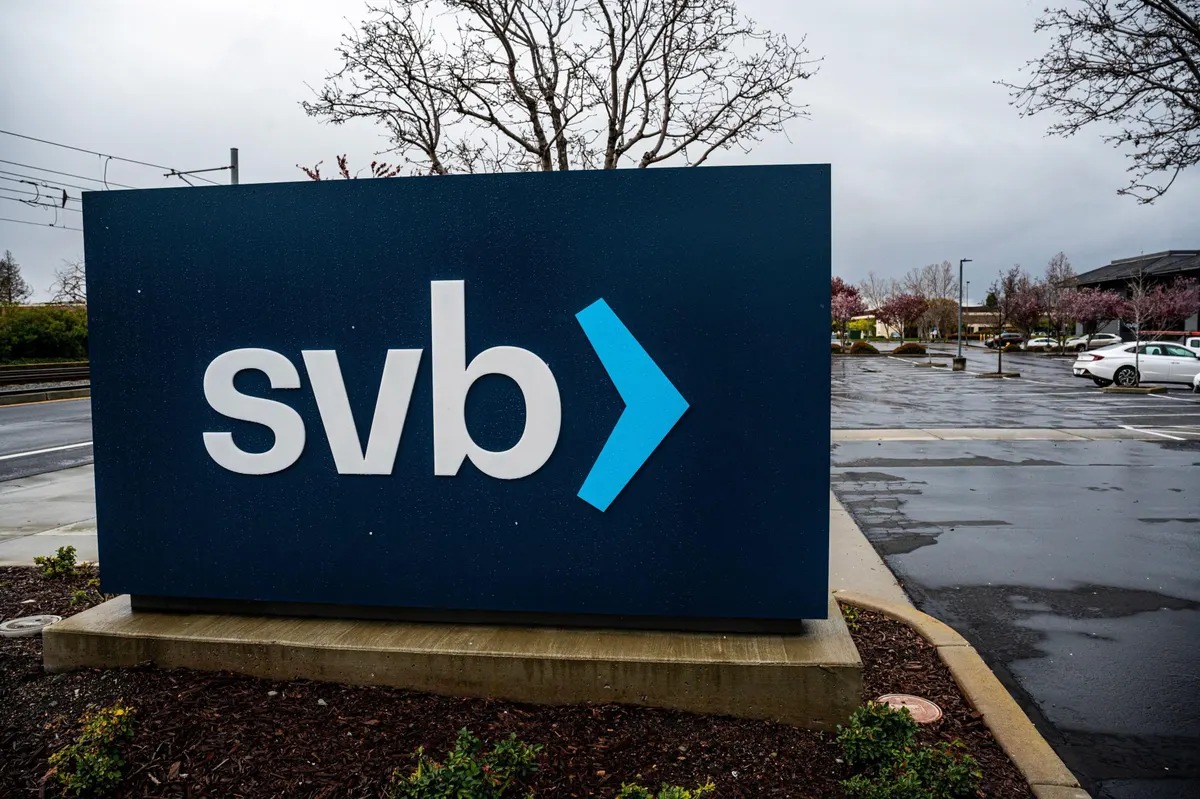BY WEALTH DICKSON OMINABO
Sudan has been the latest theatre of war in Africa as two of the country’s most famous generals, Abdel Fattah al-Burhan and Mohamed Hamdan, two of the greatest beneficiaries of the ouster of Omar al-Bashir, are engaged in a battle of supremacy, legitimacy, power, and authority. Hundreds of people have been reported dead, and millions continue to suffer different degrees of humanitarian crises since the armed confrontation broke out on April 15 in the Sudanese capital Khartoum following months of tension between the military and the Rapid Support Forces (RSF).
The tension in Sudan is a political crisis premised on the scramble for power. It takes its roots from the 2019 uprising, which forced al-Bashir out of power, and the counter-coup by al-Burhan and Hamdan, which truncated a process of transition that had power shared between civilians and the military. The situation in Sudan is a governance crisis that tells a tale of the militarisation of Sudan’s civic space with footnotes of greed, aversion, and lust for power. The situation speaks of the decaying roots of democracy in the continent and the challenges of regional and sub-regional bodies to maintain peace and security.
One of the misfortunes of this crisis is the unfortunate deaths and unimaginable scale of miseries that civilians within and outside Sudan will be compelled to go through because of the rift between two people’s ambitions.
Advertisement
The crisis trivialises the struggle that civil society groups in Sudan went through to oust the country’s long-term dictator and explains the staying power of the military in Africa’s democracy. Like in Mali, Burkina Faso, and Guinea, putschists and democratic outsiders are become more emboldened in the art of power capture and usurping the continent’s civic space. By the nature of the geo-strategic placement of Sudan, this crisis portends a bad omen for the collective peace and security of the region. It threatens the aspirations of the AU and the continent’s quest to silence the guns.
Democracy and AU Agenda 2063
Conversations around nation-building and sustainable development are always framed from the lens of democratic governance. Many development stakeholders quickly conclude that democracy is the fastest route to peace and sustainable development. The United Nations’ Sustainable Development Goals (SDGs) and the Africa Union(AU) Agenda 2063 contain many aspirations and goals premised on democratic governance. AU Agenda 2063, tagged the Africa We Want, is premised on the assumption that democracy fosters development, peace, and security. Goal 11 of Agenda 2063 focuses on democracy and the place of human rights, and justice in promoting development.
Advertisement
African leaders, in 2013, during the launch of Agenda 2063, set targets to be achieved within the first ten years of implementation. Part of the goal was that democratic values and culture as enshrined in the African Governance Architecture would have been entrenched by 2023 and that “at least seven out of ten persons in every member state of the union will perceive: elections to be free, fair, and credible; democratic institutions, processes, and leaders accountable; the judiciary impartial and independent, and the legislature independent and key component of the national governance process.”
Ten years into the AU Agenda, the hope for a peaceful and democratic continent looks illusionary. Elections are manipulated to accommodate the egos and caprices of the political elite. Elections have become the veneer under which leaders hide their authoritarian faces and dictatorial lifestyles. Countries like Equatorial Guinea, Cameroon, Angola, the Republic of Congo, Uganda, and Chad have a long history of autocratic reign. Many leaders have been in power for over three decades under so-called democracies. In instances where transitions have been recorded, individuals from the same family, political party, or two major parties have continued to hold on to power.
This pattern of democratic practice has put democracy under a bushel, where citizens are weaned from the supposed dividends of democracy. Democracy in most African states bears the fate of a fig tree, with sustained weather of fear and violence and a political climate of hunger, poverty, injustice, and agitations for inclusion.
This reality has resulted in a debate on democratic renewal in Africa, with some stakeholders calling for a new pattern of governance free from the global north’s ideological trappings.
Advertisement
The Debate on Democratic Renewal
The debate on democratic renewal was one of the major issues at the recently concluded summit for democracy held in Lusaka. Different stakeholders aired their opinions and thoughts on the challenges of democratic governance in the continent and the way forward.
Some argued that democracy may not necessarily be the ideal and best governance model for African nations. They posited that the subjective generalization that democracy is the best form of government with inherent guarantees of peace and justice is not tenable, going by the nature of conflicts in most parts of the world, especially in Africa, where elections have become a major source of conflict and instability.
Another group argued that the continent’s problems cannot and shouldn’t be attributed to democracy because the “fault is not in our stars but in ourselves, that we are underlings.” They argued that democracy itself is not the issue but the people who wield power. They said most African leaders are dictators. Hence democracy is more of a façade. They argued and advocated for a holistic change in the governance structure of the continent that ensures that democracy is practised with sincerity and the true spirit of the term.
Advertisement
Global Vice President of Open Society Foundation Salil Shetty, in his contribution, said: “We are witnessing democratic backsliding across the world and more and more of what I call elected authoritarianism because in the past we had a different model, we had military dictatorships, we had kind of you know pure authoritarian states. Now we have a new model where people get elected, and then they abuse electoral legitimacy to distort democracy. I think we’re in a whole new context, and that is the context in which we want to have this conversation today about what democracy means in 2023 and moving ahead.” He called for patriotism and accountability on the part of leaders from the global south, even as he stressed that for democracy to endure, citizens’ economic and political needs must be addressed.
Fredline M’Cormack-Hale, in her submission, noted that the bifurcation between economic and political democracy is an artificial divide. She said democracy should be able to serve the best interest of the citizens and guarantee their political and economic rights. She said: “ I think we have this dichotomy that was mentioned right at the start between food and rights… that human rights may sustain the spirit but not the body. It’s an artificial divide. Political democracy and economic democracy are seen as going together. We have to deal with inclusion, poverty, and corruption. We have to look at what’s going on at a global scale that continues to allow African states to be left behind.”
Advertisement
Chris Marloleng advocated that democratic renewal should be about “enshrining the mechanism that empowers ordinary citizens to make decisions about their lives, amplify their voices and make them hold their leaders accountable, and give them the opportunity to play an active role in the decision-making processes that directly impact them. In essence, it is about good governance, which is a process that determines who gets what and how. It is about the authoritative allocation of resources.”
Adriano Nuvunga, in his contribution, said that to ensure that democracy yields its desired impact, it has to be home-grown, people-centred, and youth-driven. “To ensure that our democracy thrives, it has to be home-grown, it has to be anchored in the local dynamics forces. We have significantly failed in the thirty years of democratic experimenting doing this, in retaining that. That’s where we have all to focus on, to rebuild our institutions from below.
Advertisement
“Africa’s democracies have to be anchored in energy, in the knowledge of the young people. They understand the challenges of their time, they understand better technology, and they can connect quite easily and more substantially. Therefore, we don’t want the youth only to participate. We want the youth to lead. To lead, they have to be empowered.”
Sishuwa Sishuwa harped on ensuring inclusivity in the polity and building citizens’ initiatives.
Advertisement
He said: “Democracy is at risk if many people within the whole society feel excluded. We have to create some institutional material base that uplifts people’s living standards. The formal institutions of democracy, like the parliament, the executive, and the judiciary, constantly address the concerns of a very small segment of the population across the continent, so we have to create institutions that are rooted in the social realities of the population.”
Brian Kogoro, on his part, said democracy was becoming too elitist and classist that it hardly serves the people’s interest. He called for democratic renewal in the continent. He said: “In the African context, what is it that we are renewing? We are renewing the democratic spirit that led our fathers to fight against the colonial state that said only a minority is entitled to determine power, determine opportunity, and distribute rights. We are renewing much more than a form of procedure. We are renewing the substance of freedom and self-determination.”
Ominabo is the communications officer at the Goodluck Jonathan Foundation.
Views expressed by contributors are strictly personal and not of TheCable.
Add a comment
